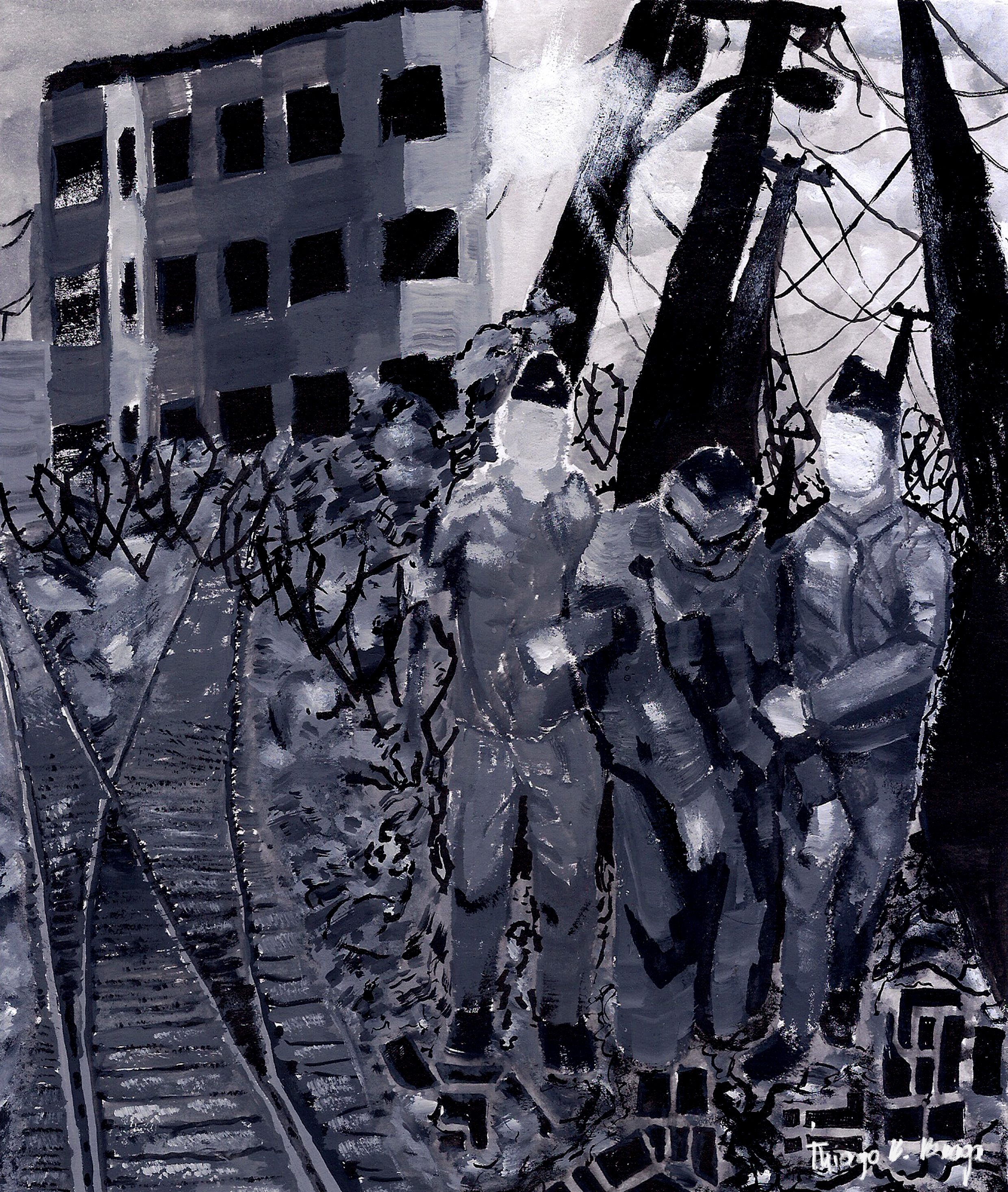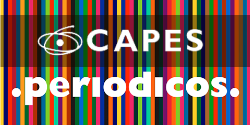Experimentalismo na Imprensa Alternativa
Flor do Mal e Navilouca
Abstract
The “alternative press” present in the 1970s, during military dictatorship. These offer a fruitful field for research, constituting an important key for understanding the literary production of this scenario. We focus on two emblematic publications in the scenario of counterculture: Flor do Mal, organized by Luiz Carlos Maciel and Rogério Duarte, to the newspaper O Pasquim, whose genesis was the Underground column; and Navilouca, organized by Torquato Neto and Waly Salomão, presenting a panel of the main artistic and literary aspects in the scenario of experimentation. Both exerted a great aesthetic influence on the alternative magazines that appeared throughout the decade. In the five publications Flor do Mal, the form of the editions is peculiar, with essays and handwritten calls and texts covering themes from the counterculture universe. Characteristic inherited by Navilouca: evading established forms, it acts as a multiple space, where the main artistic aspects of the time are connected. It is about perceiving the scope and the historical, political and cultural dimension of alternative literature during the post-AI-5 dictatorial process. We reflected the configuration of Brazilian (counter) culture in the transition from Tropicalism to Marginal Culture, with axis in the publications of Brazilian counterculture. The research is based on Hollanda (1981), Neto (2005) and Favaretto (2019).







